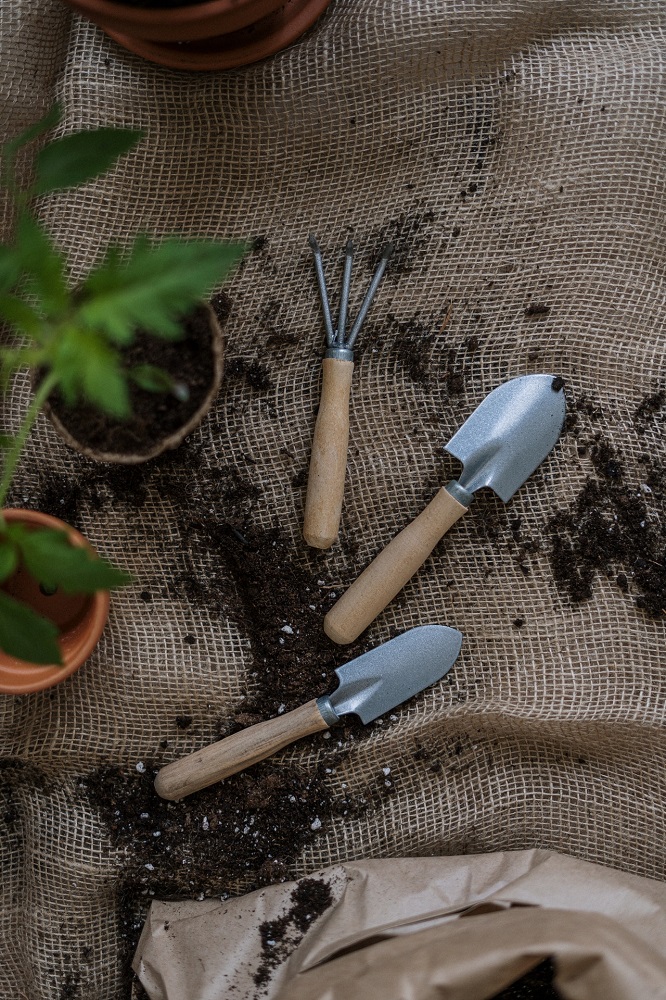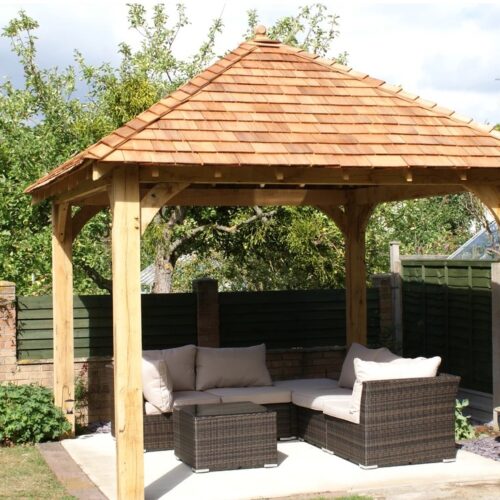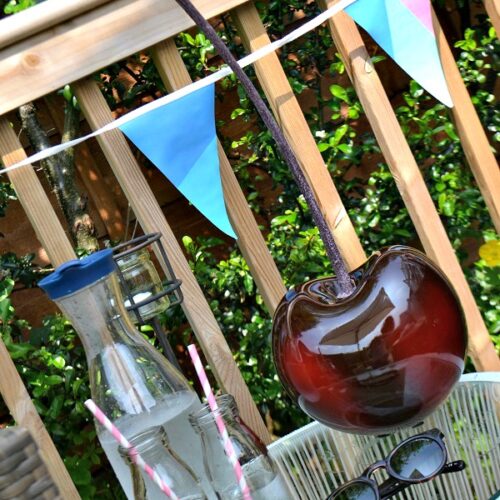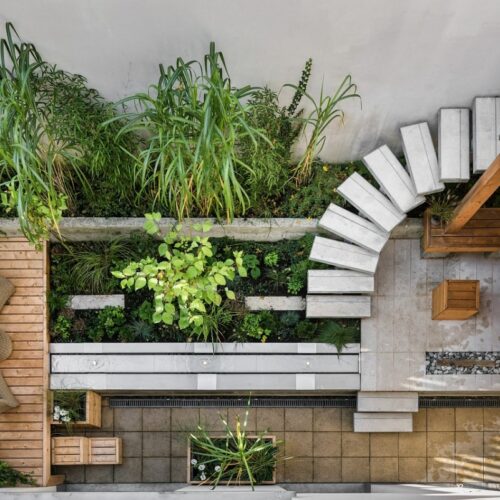
Growing your garden and getting it into a state in which you are proud can take a fair amount of work and dedication. But once you’ve achieved that goal, it can be an incredibly rewarding experience. Yet, the work doesn’t stop at this point. While you may be able to spend time enjoying the fruits of your labour, harvesting tasty crops and relaxing amidst nature, there is a continued level of maintenance required to keep your garden looking great. One of the biggest threats to your garden is pests, in particular, the furry kind. Here are some of our best tips for keeping these critters at bay without harming them.
Using Safe Repellents
First, you’ll want to identify which animals are getting into your garden and causing damage to your plants. Depending on where you live, your garden may be visited by any number of different mammals and birds looking for a feast. Rabbits are a common visitor to countryside gardens, but so are countless seed-eating birds and even deer in some cases. If you’re living in the city, rats and mice are the most common culprits, especially when it comes to things eating your fruit and vegetable crops. There are so many helpful repellents for rabbits and other plant-eaters which you can use to dissuade them from eating your plants and encourage them to seek their dinner elsewhere.
Plant In Raised Beds
A great way to keep certain animals away from your plants is to simply plant them out of reach. This can be achieved by using raised planters or hanging pots. Remember that certain creatures will be able to scale these planters, especially if they’re made of wood or are at a height in which they can be reached by jumping. To further reduce these risks, it’s worth adding extra materials around your raised beds such as netting or wire to reduce the chances of anything being able to reach the plants above.
Secure Your Plants
If you’re determined to plant in the ground or simply want to add another layer of protection to your raised beds, you can secure the area with fencing or other systems. If you’re not keen on creating a large fenced-off area in your garden but still want to shield your plants from opportunist animals, then you could cover them using garden netting or mesh. You can find many options for securing your plants from places like Little Fields Farm. You can even find things like fruit cages and even raised bed growing systems too.
Utilise Wild Growth And Decoys
Another method of deterring these pests is actually to try to draw their attention elsewhere. You could plant what would be known as a decoy garden with plants and crops that you don’t intend to eat or use. This will instead serve as a lure for those pests. As well as this, wild growth in your garden may also serve to reduce the chance of pests eating your plants, as it provides a natural food source for many of these creatures. Certain birds like wood pigeons can be repelled using decoy models of predators too. Whichever methods you use to divert these pests away from your plants, remember that they’re not always guaranteed to work. You should take a proactive approach to keep them away from your garden and combine these steps to maximise their effectiveness.
© Copyright 2022 Antonia, All rights Reserved. Written For: Tidylife


Leave a Reply